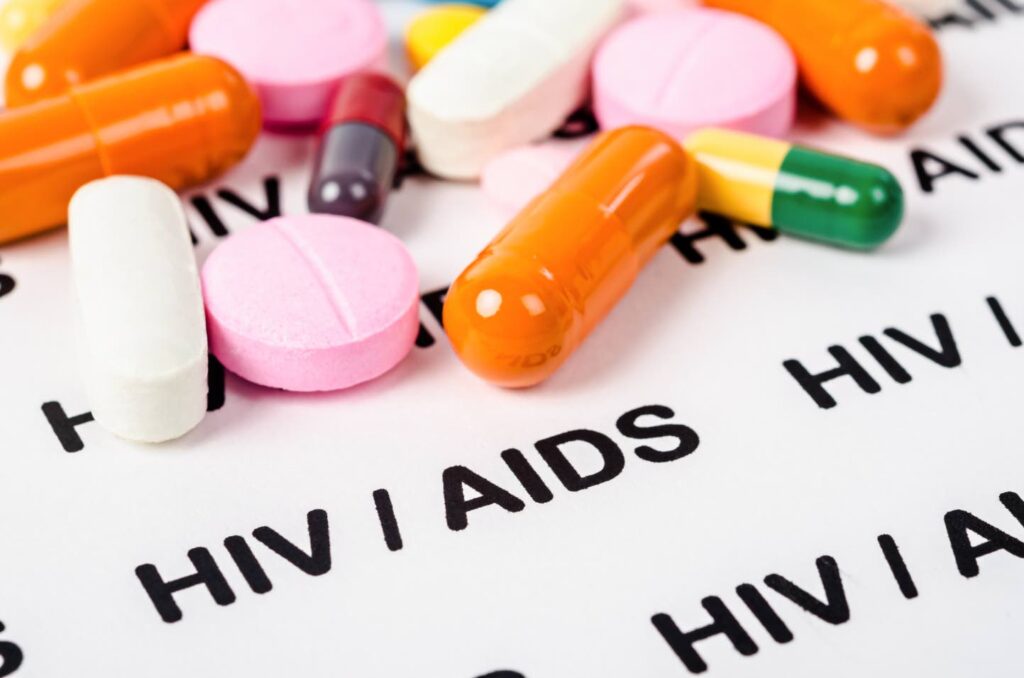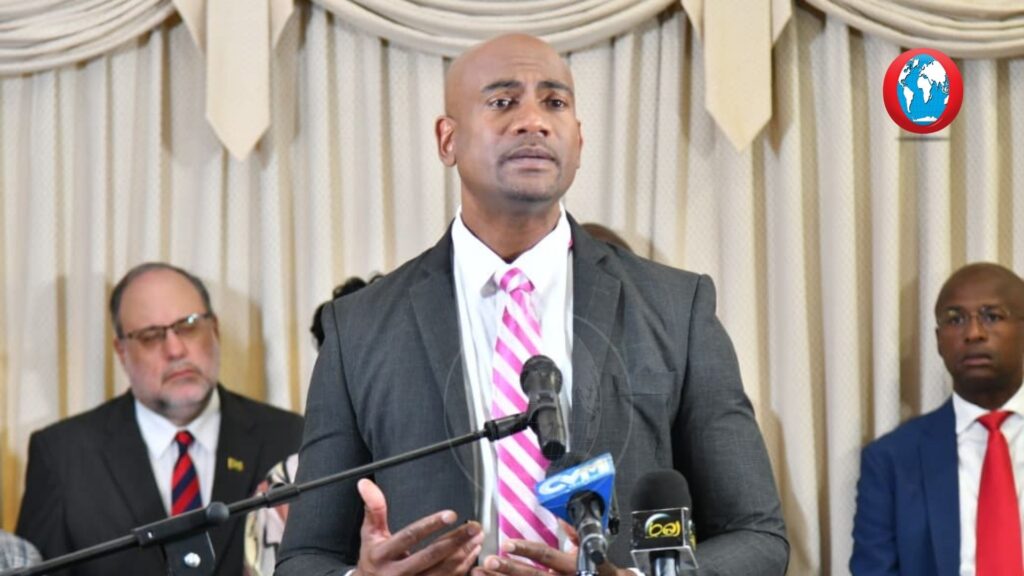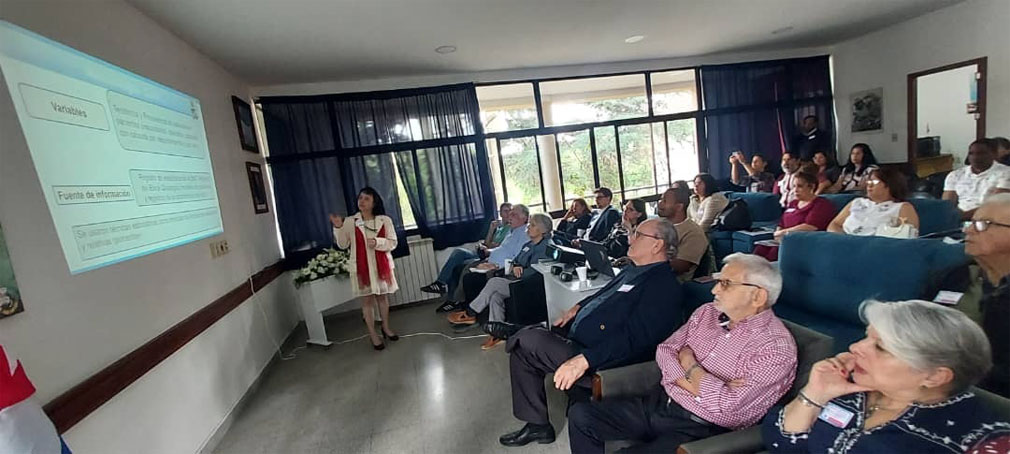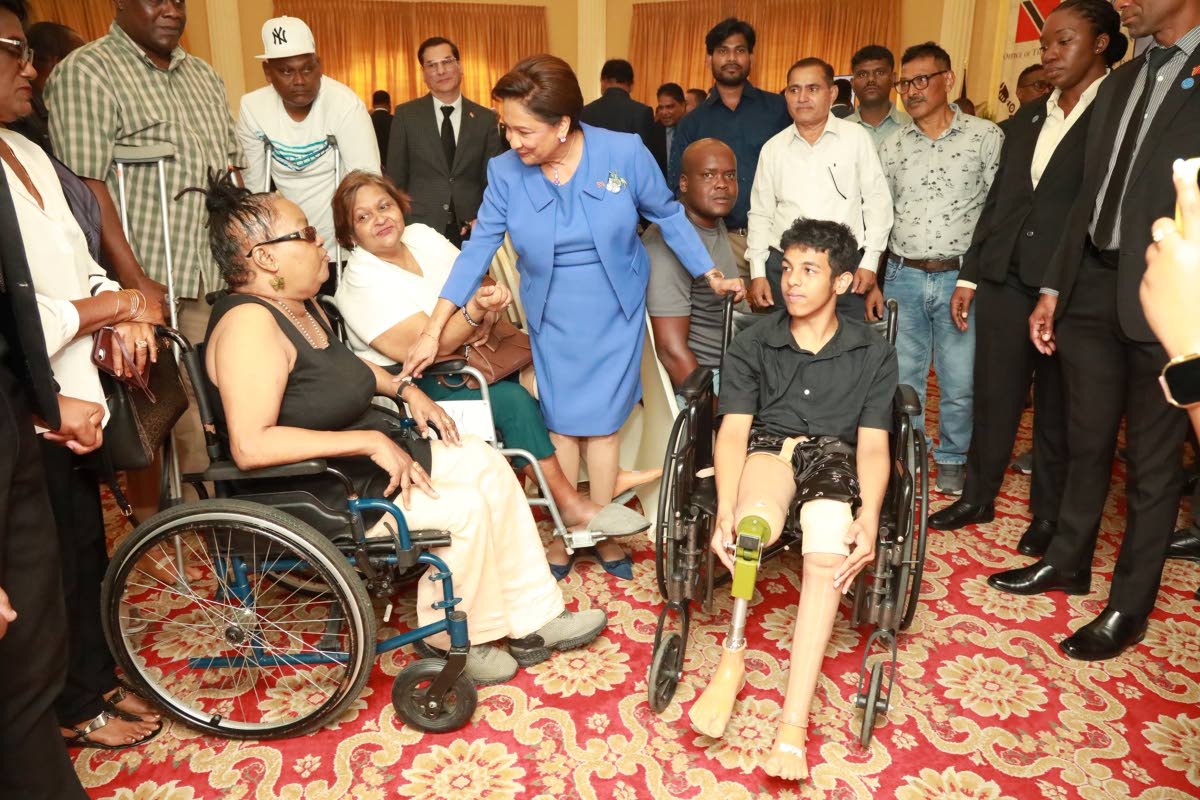Trinidad and Tobago is confronting a growing health crisis characterized by a sharp increase in amputations, primarily driven by diabetes and vascular disease. Dr. Lemuel Pran, a consultant vascular surgeon and lecturer at the University of the West Indies (UWI), revealed that approximately 400 amputations are performed annually, based on a comprehensive study conducted between 2019 and 2023 across regional health authorities. Dr. Pran, who specializes in carotid surgery and diabetic foot management, described the situation as urgent and deeply concerning, emphasizing that the rate of amputations is alarmingly high compared to both regional and international benchmarks. The leading causes of amputations are infections in diabetic patients, accounting for 80% of cases, followed by vascular disease, trauma, and limb cancers. Delayed medical intervention, exacerbated by the use of home remedies and lifestyle factors such as poor diet and lack of exercise, significantly contribute to the crisis. Dr. Pran called for a multi-level approach to address the issue, stressing the need for improved public awareness, early detection, and better access to healthcare services. He also highlighted the challenges faced by amputees, including limited access to prosthetics and the emotional toll of losing a limb. In a positive development, Prime Minister Kamla Persad-Bissessar announced the establishment of an artificial limb center in Trinidad and Tobago, supported by India, which aims to provide prosthetic limbs to over 800 individuals. Dr. Pran urged citizens to prioritize their health, seek timely medical care, and pay attention to foot health to prevent complications.
分类: health
-

Cuts to HIV funding ‘most significant setback in decades’— UN
GENEVA, Switzerland (AFP)—The global fight against HIV has been plunged into chaos following significant international funding cuts, the United Nations warned on Tuesday. The UNAIDS agency revealed that abrupt reductions in financial support, particularly from the United States, have destabilized the infrastructure for HIV treatment and prevention in numerous countries. This disruption has led to clinic closures, job losses for healthcare workers, and widespread interruptions in essential services such as testing, treatment, and prevention. UNAIDS Executive Director Winnie Byanyima described the situation as the ‘most significant setback in decades.’ She highlighted the ‘abrupt pause’ in funding by the U.S., historically the largest contributor to global HIV efforts, following President Donald Trump’s return to the White House earlier this year. Other major donors have also slashed their foreign aid budgets, exacerbating the crisis. The UNAIDS report disclosed that in 2024, approximately 1.3 million people contracted HIV, a 40% decrease from 2010 but still three times higher than the target needed to end AIDS as a public health threat by 2030. Last year, 630,000 people died from AIDS-related illnesses, marking a 54% decline since 2010. However, Byanyima cautioned that the funding shortfall has exposed the fragility of past progress. Even before the crisis, the global AIDS response was underfunded, with $18.7 billion available in 2024—17% below the required amount. Last year, 9.2 million of the 40 million people living with HIV worldwide were not receiving treatment. In 13 countries, the number of people starting treatment has declined compared to the previous year. Byanyima expressed particular concern about the collapse of HIV prevention services, warning that failure to address this could lead to 3.3 million additional new infections by 2030. The funding crisis coincides with a deteriorating global human rights environment, with marginalized populations facing severe consequences. Criminalization of same-sex relations, transgender expression, and sex work in more countries could reduce HIV testing rates. Byanyima emphasized the urgency of the situation, stating, ‘This is the moment to choose. We can allow these shocks to undo decades of hard-won gains, or we can unite behind the shared vision of ending AIDS. Millions of lives depend on the choices we make now.’
-

Dr Dawes questions ministry’s capacity to confirm leptospirosis cases
KINGSTON, Jamaica — Dr. Alfred Dawes, the Opposition Spokesperson on Health, has expressed significant concerns regarding Jamaica’s capacity to accurately detect and monitor leptospirosis cases in the aftermath of Hurricane Melissa. Speaking at a press briefing on Tuesday at the Office of the Leader of the Opposition, Dr. Dawes emphasized the urgent need for a robust and multifaceted approach to address the rising infections.
-

Westmoreland residents urged to be vigilant when purchasing water
In the wake of Hurricane Melissa, the Westmoreland Public Health Department has issued a stern warning to residents about the potential dangers of purchasing trucked water from unverified sources. Gerald Miller, the parish’s health promotion and education officer, emphasized that water should only be sourced from the department’s three authorized loading bays located in Petersfield, Grange Hill, and Spring Garden. These sites, operated by the National Water Commission (NWC), are the sole approved locations for obtaining safe, potable water. Miller cautioned that water procured from unauthorized sources could lead to severe health risks, including diarrhoeal and other waterborne diseases. He urged the public to demand proof of purchase from truck operators, ensuring the water’s origin is legitimate. Historical incidents of truckers sourcing water from unsafe locations have heightened concerns, particularly during periods of emergency and water scarcity. Miller reiterated the importance of vigilance to safeguard public health, stressing that unsafe water remains a significant threat in such challenging times.
-

Taiwan : Haiti signed the World Health Forum declaration
Dr. Bertrand Sinal, Haiti’s Minister of Public Health, represented the nation at the 2025 World Health and Wellbeing Forum in Taipei, Taiwan, where he signed the Ministerial Declaration. The forum, centered on the theme ‘Taiwan’s National Health Insurance at 30: Towards Sustainable Success in the 21st Century,’ brought together health ministers from across the globe to address pressing health challenges. The declaration emphasizes the collective commitment to advancing Universal Health Coverage (UHC) and fostering sustainable, innovative, and resilient health systems. Dr. Sinal’s participation highlights Haiti’s dedication to global health collaboration and its efforts to enhance its domestic healthcare infrastructure. The declaration outlines five key commitments: promoting international solidarity, ensuring sustainable health financing, fostering inclusive innovation in health, building climate-resilient health systems, and enhancing monitoring and accountability mechanisms. These commitments aim to address disparities, leverage technology, and prepare health systems for the impacts of climate change while ensuring transparency and progress toward UHC.
-

Uruguayan-Cuban Partnership at Ophthalmology Hospital in Montevideo
Cuba’s contributions to global ophthalmological care have reached remarkable milestones, with over 119,000 surgeries performed, more than 900,000 consultations conducted, and over 200,000 patients screened. Among these achievements, the oculoplastic service stands out, addressing both vision-related issues and cosmetic surgeries. Despite being a national reference center, the hospital has only one Cuban surgeon specializing in this field. Cuban and Uruguayan specialists have collaborated extensively, sharing expertise on topics such as visual health, technology, healthcare-associated infection prevention, age-related macular degeneration, and intraocular lens calculation. Dr. Adan Gonzalez, one of the more than 600 Uruguayan doctors who graduated from Cuba’s Latin American School of Medicine, emphasized the humanitarian nature of Cuba’s health cooperation. However, Antonio Pardo, the Charge d’Affaires of the Cuban embassy, denounced the US government’s attempts to undermine and discredit this cooperation. Pardo highlighted that Cuba’s ophthalmological brigade faces ongoing pressure from Washington in countries where it provides medical services.




